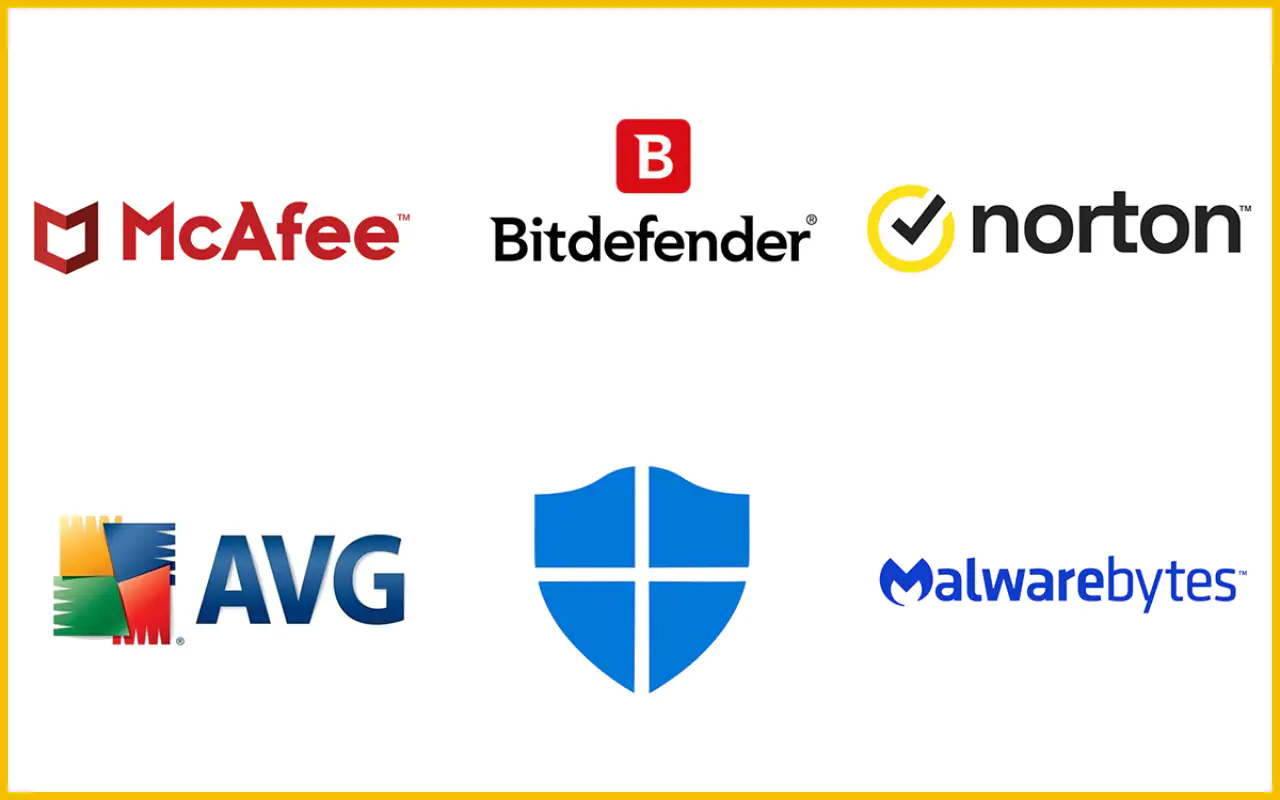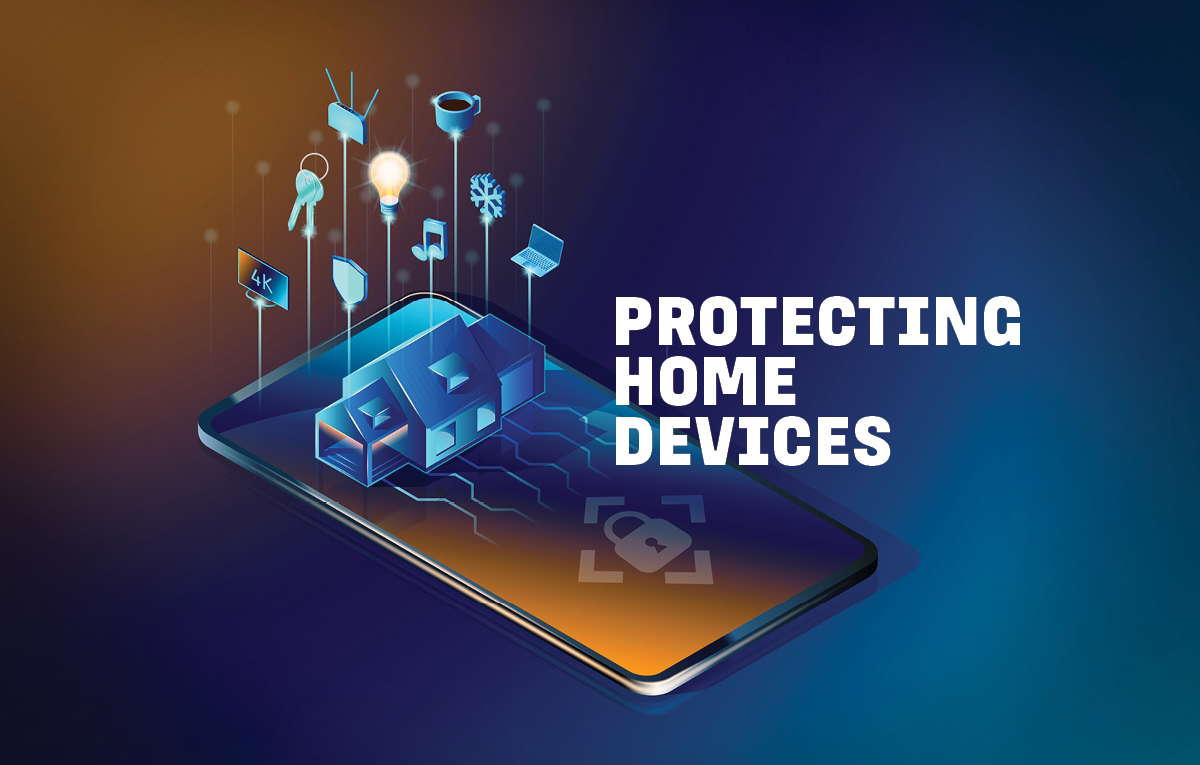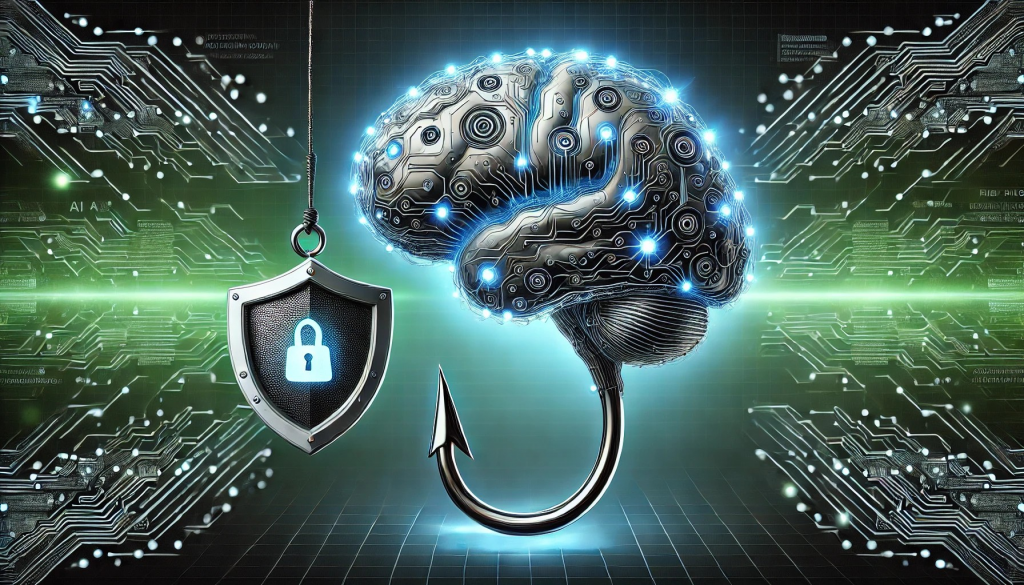justineanweiler.com – In today’s digital age, where much of our personal, financial, and professional lives are conducted online, protecting our devices from cyber threats is more important than ever. One of the most effective ways to safeguard your computer or mobile device is through the use of antivirus and anti-malware software. These programs are essential tools for defending against viruses, malicious software, and other forms of cyberattacks that can compromise your security and privacy. But what exactly are these tools, and how do they help protect you? Let’s explore.
What is Antivirus Software?
Antivirus software is a type of security program designed to detect, prevent, and remove malicious software (malware), particularly viruses, from your computer or device. Viruses are types of software that can replicate themselves and spread to other computers, often with harmful intentions such as stealing data, corrupting files, or causing system crashes.
The primary function of antivirus software is to scan files, programs, and emails for known viruses or suspicious behavior. When a virus is detected, the antivirus will either remove or quarantine the infected file, preventing it from causing further harm.
Key Functions of Antivirus Software:
- Real-time protection: Continuously scans files and programs as they are opened, downloaded, or installed to catch any threats in real-time.
- Scheduled scans: Allows users to set automatic scans at regular intervals (e.g., daily, weekly).
- Virus definition database: Regularly updated lists of known viruses that the antivirus uses to identify threats.
- Heuristic analysis: Some advanced antivirus software uses heuristic methods to detect unknown threats based on patterns of behavior or code similarities.
What is Anti-malware Software?
While antivirus software is focused primarily on detecting and removing viruses, anti-malware software offers a broader level of protection against a wide variety of malicious software, also known as malware. Malware is a catch-all term for any type of software that is intentionally designed to cause damage, steal data, or perform other harmful actions on your device.
Malware can include:
- Trojans: Malicious programs disguised as legitimate software.
- Ransomware: Software that locks your files and demands payment for their release.
- Spyware: Software designed to secretly gather information about you, such as login credentials and browsing habits.
- Adware: Software that displays unwanted ads or redirects your browser to unwanted sites.
- Worms: Self-replicating malware that spreads across networks without needing to be activated by the user.
Anti-malware software typically offers a more comprehensive approach to detecting and neutralizing various types of malware, often combining traditional signature-based detection with behavioral analysis and real-time monitoring.
Key Features of Anti-malware Software:
- Comprehensive scanning: Detects and removes not just viruses but a broad range of malware types.
- Behavioral analysis: Identifies suspicious activity based on how software behaves rather than just matching it to a virus signature.
- Quarantine capabilities: Isolates suspected malware files so they can’t harm the system.
- Rootkit detection: Some anti-malware programs can detect and remove rootkits, which are stealthy programs designed to give attackers full control of a system without detection.
Differences Between Antivirus and Anti-malware Software
While both antivirus and anti-malware software serve similar functions—protecting your devices from malicious threats—there are subtle differences:
- Antivirus Software: Primarily focused on detecting and removing viruses, although many modern antivirus programs now include anti-malware features as well.
- Anti-malware Software: Provides broader protection against a wider range of threats, including spyware, Trojans, ransomware, adware, and worms.
In practice, the lines between antivirus and anti-malware software are becoming increasingly blurred, as many leading security suites today include both antivirus and anti-malware capabilities in one comprehensive package. The key takeaway is that both types of software are essential for maintaining robust cybersecurity.
Why Do You Need Antivirus and Anti-malware Software?
- Protection Against Known and Unknown Threats: Antivirus software helps protect against known viruses, while anti-malware software goes beyond this to detect and neutralize newer, evolving threats. Together, they offer multi-layered defense.
- Prevent Data Loss: Malware like ransomware can encrypt your files and hold them hostage until a ransom is paid. Antivirus and anti-malware software can help detect such attacks early, reducing the risk of data loss or theft.
- Safeguard Personal Information: Cybercriminals use malware to steal sensitive information such as login credentials, credit card numbers, and personal data. Both types of software can protect you from this type of data breach.
- Improved System Performance: Malware often runs in the background, consuming system resources and slowing down your device. By removing these threats, antivirus and anti-malware software can help ensure your device performs optimally.
- Protection from Evolving Threats: Cyber threats are constantly evolving, with new types of malware being developed all the time. Modern antivirus and anti-malware programs use heuristic and behavior-based detection techniques to identify and block threats that don’t yet have a “signature” in the database.
How to Choose the Right Antivirus and Anti-malware Software
There are many options available, ranging from free to premium versions. When choosing antivirus and anti-malware software, here are some factors to consider:
- Detection Rates: Look for a program with a high detection rate for viruses and malware. Independent labs like AV-Test and AV-Comparatives provide third-party testing on security software’s effectiveness.
- Ease of Use: Choose software that’s easy to install and use, with a simple interface and good customer support.
- System Impact: Some antivirus programs can slow down your computer, so look for one that has minimal impact on system performance.
- Regular Updates: Ensure the software receives frequent updates to its virus definitions and malware detection capabilities.
- Additional Features: Some software packages offer extras like firewall protection, VPN services, identity theft protection, and anti-phishing tools.
- Free vs. Paid: While free antivirus programs can provide basic protection, paid versions often come with more comprehensive features, advanced protection, and better support. If you handle sensitive information or perform financial transactions online, it’s often worth investing in a premium solution.
Conclusion
In a world where cyberattacks are becoming increasingly sophisticated, using antivirus and anti-malware software is one of the most effective ways to protect yourself and your devices from a wide range of online threats. These tools work in tandem to detect, block, and remove malicious software, ensuring your privacy and data remain safe. Whether you choose a free solution or a comprehensive paid security suite, the key is to install reliable software and keep it up-to-date.
Remember, your digital security is an ongoing effort, and using antivirus and anti-malware software is just one part of maintaining a safe and secure online presence. Always complement these tools with smart online habits, like cautious clicking, strong passwords, and regular system backups, to further enhance your protection.





